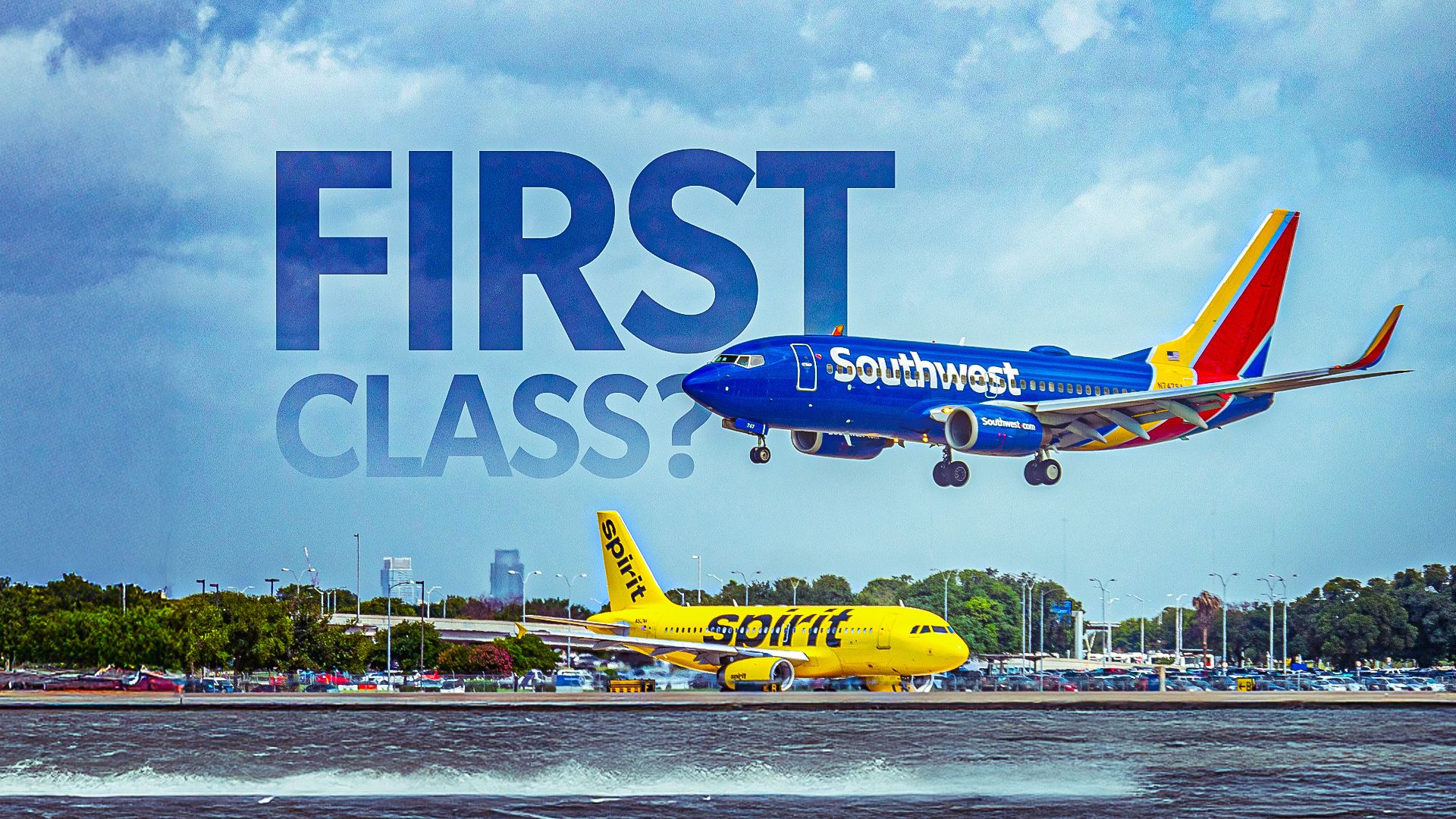Southwest Airlines is undergoing significant changes as it explores the possibility of introducing first-class seating and expanding its international routes. Once an all-economy airline focused solely on domestic flights, Southwest is responding to shifting customer demands and pressures from activist investor Elliott Investment Management, which has urged the airline to adapt its business model to enhance profitability.
Historically, Southwest Airlines has stood apart in the U.S. aviation market as the fourth-largest carrier, relying exclusively on Boeing 737 aircraft configured with economy seating. The airline has not only avoided long-haul flights but has also refrained from offering lounges and first-class cabins, distinguishing itself with features like open seating and two free checked bags. Now, as the landscape evolves, Southwest is reassessing its approach, with plans for premium lounges and potential transatlantic flights.
Adapting to Market Demands
The shift in strategy aligns with broader trends in the U.S. airline industry, where major carriers such as United Airlines, American Airlines, and Delta Air Lines offer domestic first-class options, typically featuring larger recliner seats. These airlines have successfully integrated premium services, appealing to business travelers and frequent flyers who seek enhanced comfort on longer routes. Southwest’s move towards premium services reflects an effort to capture a share of this lucrative market segment.
Southwest’s leadership is already exploring various initiatives aimed at increasing product and pricing segmentation. The introduction of lounges and extra-legroom seats is part of this strategy, as is the anticipated launch of international flights. By enhancing its offerings, Southwest aims to attract customers seeking more than just low fares, thus aligning itself more closely with the legacy carriers.
Challenges Ahead
While the potential introduction of first-class seating appears probable, challenges remain. The airline must balance its traditional values with the demands of a changing market. Southwest has enjoyed a long history of profitability, but recent trends indicate a need for adaptation. As Elliott Investment Management focuses on short-term gains, the airline is tasked with ensuring its long-term viability without alienating its loyal customer base.
The evolving expectations of travelers in the U.S. are evident, with many airlines now offering loyalty programs that incentivize premium travel. Southwest’s Rapid Rewards program could benefit significantly from the addition of first-class seating, enhancing its appeal to frequent flyers and encouraging higher spending on premium services.
As the airline industry continues to recover post-pandemic, the introduction of first-class cabins could provide Southwest with a competitive edge. However, the airline must remain cautious not to lose its distinct identity, which has attracted a dedicated following over the years. Balancing innovation with the core values that have defined Southwest will be crucial as it navigates this transition.
In conclusion, Southwest Airlines stands at a crossroads, contemplating a shift that could redefine its future in the competitive airline market. With plans for first-class seating and international routes on the horizon, the airline is poised to adapt to the changing landscape while aiming to retain the essence that has made it a unique player in the aviation industry.
